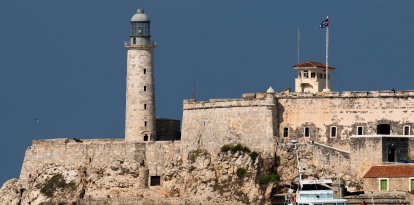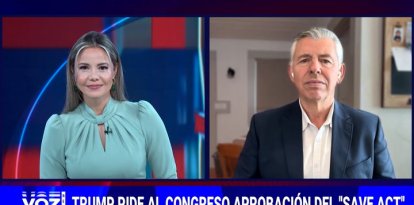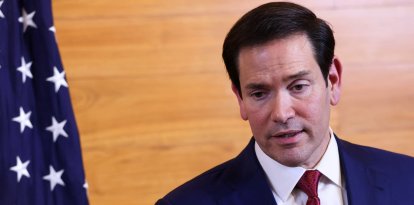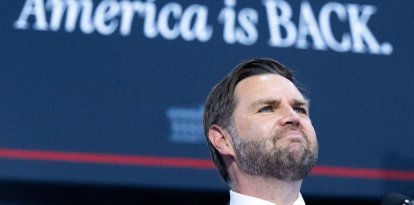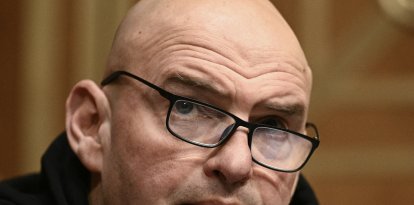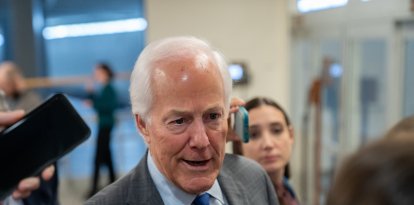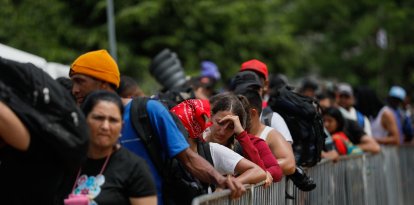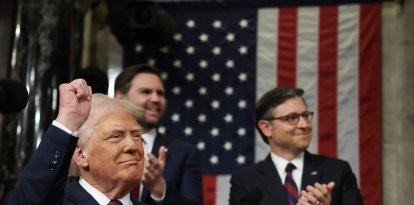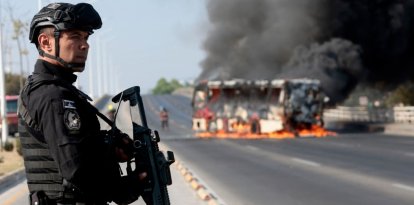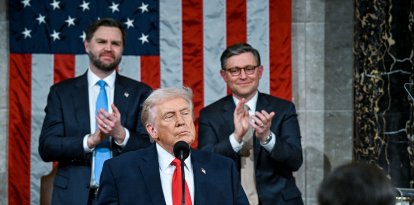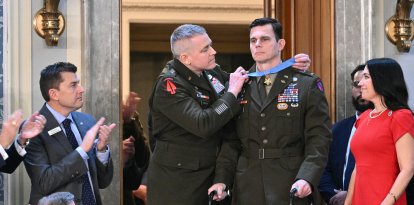Neil Gorsuch's viral reflection on COVID-19: "The greatest intrusions against civil liberties" in history
The Supreme Court justice referred to the restrictive measures applied by both the federal and state governments during the pandemic.

Neil Gorsuch/Wikimedia Commons
COVID-19 came hand in hand with many restrictions by the federal and state governments, many that remained in place even until mid-2021, when the situation began to loosen as a result of vaccines. If there is anyone who does not remember that era fondly, it is Neil Gorsuch.
The Supreme Court (SCOTUS) justice reflected on that era and the measures that were implemented in an eight-page statement written as part of Mayorkas v. Arizona, a case regarding Title 42, which was implemented during the pandemic.
"Since March 2020, we may have experienced the greatest intrusions on civil liberties in the peacetime history of this country. Executive officials across the country issued emergency decrees on a breathtaking scale. Governors and local leaders imposed lockdown orders forcing people to remain in their homes. They shuttered businesses and schools, public and private," wrote the judge, who was appointed to the country's highest court in 2017.
Gorsuch also referred to the role adopted by both the legislative and judicial branches as the measures began to intensify. "While executive officials issued new emergency decrees at a furious pace, state legislatures and Congress—the bodies normally responsible for adopting our laws—too often fell silent. Courts bound to protect our liberties addressed a few—but hardly all—of the intrusions upon them," he continued.
The judge never hid his displeasure with the response to the coronavirus. For example, he refused to wear a mask at a hearing scheduled for January 2022, forcing his fellow justice, Sonia Sotomayor, to participate virtually.
The judge closed the letter with a reflection, almost a lesson, for the governments of the future. He analyzed the role of citizens and how they can respond to a scenario of fear and uncertainty, perhaps placing too much trust in the executive branch.
"Doubtless, many lessons can be learned from this chapter in our history, and hopefully serious efforts will be made to study it. One lesson might be this: Fear and the desire for safety are powerful forces. They can lead to a clamor for action—almost any action—as long as someone does something to address a perceived threat", wrote the justice, author of the book "A Republic, If You Can Keep It."
"We do not need to confront a bayonet, we need only a nudge, before we willingly abandon the nicety of requiring laws to be adopted by our legislative representatives and accept rule by decree. Along the way, we will accede to the loss of many cherished civil liberties—the right to worship freely, to debate public policy without censorship, to gather with friends and family, or simply to leave our homes," Gorsuch concluded.













